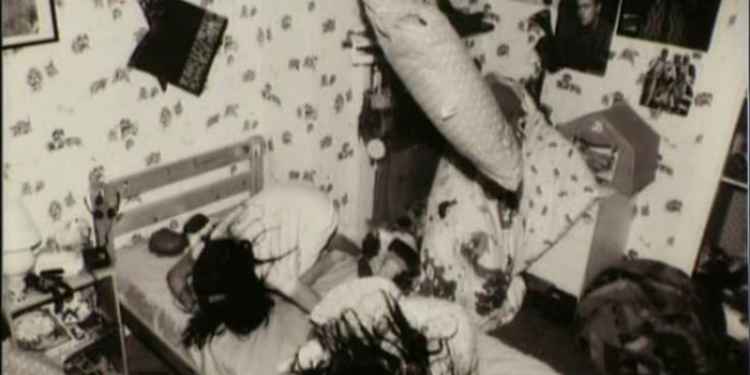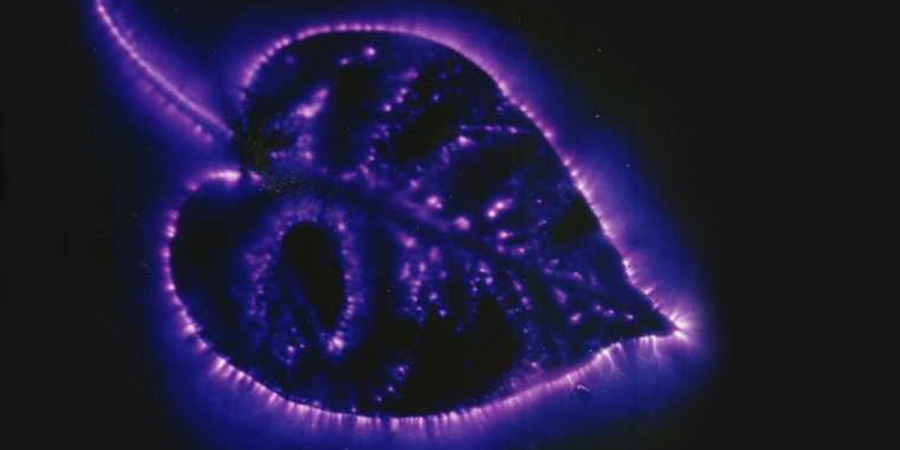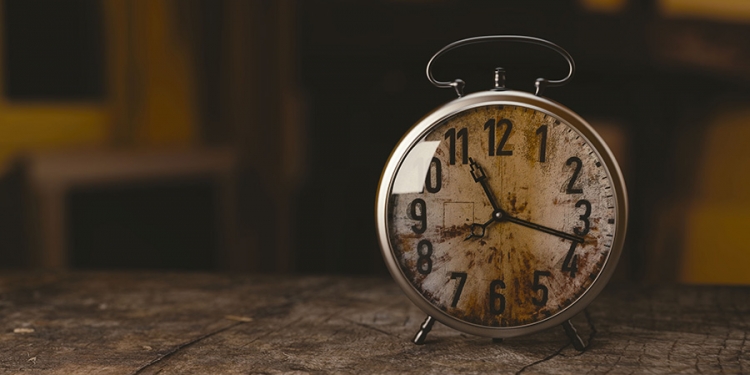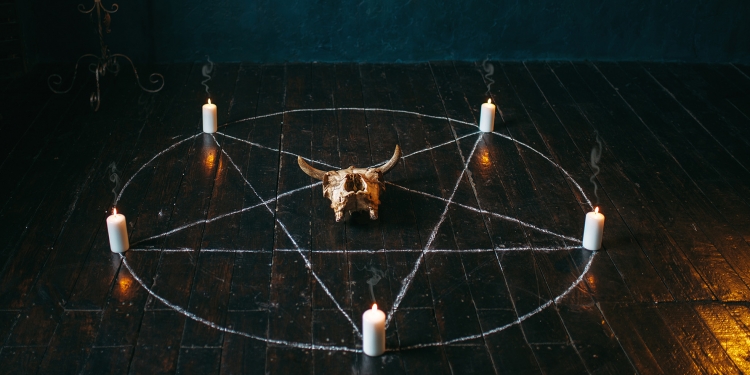Recurrent Spontaneous Psychokinesis The Parapsychological Principle Behind Poltergeists


Recurrent Spontaneous Psychokinesis (RSPK) is a technical term that describes what most of us would simply refer to as poltergeist activity. It is used to describe unusual events such as objects moving on their own, loud noises, and other seemingly inexplicable disruptions.
The concept of RSPK gained traction in the mid-20th century thanks to researchers like William G. Roll and J.B. Rhine at Duke University. It is closely related to the broader term psychokinesis (PK), which refers to the ability of the human mind to affect physical objects without any apparent physical interaction. However, RSPK specifically refers to instances where these effects occur repeatedly, without obvious intention or direct conscious control.
This interpretation of poltergeist activity assumes that the phenomena are not the work of some kind of spirit or entity. Instead, it suggests that a living person's unconscious mind could be the cause. This is the classic interpretation of a poltergeist case, where it is often said that someone, typically a young person undergoing stress or emotional turmoil, unwittingly causes physical disturbances in their environment. In other words, the poltergeist activity is not caused by a separate, ghostly entity but by the person themselves, albeit unintentionally.
In some well-documented cases, researchers noticed that poltergeist activity seemed to be linked to a particular individual, often called the "focus person" or "agent." These individuals were typically adolescents or young adults, which led researchers to theorise that hormonal changes or emotional stress could trigger RSPK. Cases like the Rosenheim Poltergeist in 1967 and the Enfield Poltergeist in the late 1970s are often studied with RSPK in mind, as both involved teenagers and inexplicable disturbances that seemed linked to their emotional states.
Even if certain factors are commonly present in poltergeist cases, such as a teenager being in the house whenever disturbances occur, this does not actually explain the mechanism by which the supposed psychokinesis happens.
Skeptics argue that RSPK is an untestable theory. Because it suggests that unconscious mental processes are responsible for physical effects, it becomes nearly impossible to prove or falsify scientifically. Incidents of activity attributed to RSPK can often be explained by more mundane causes such as natural sounds, misinterpretations, exaggerations, or deliberate hoaxes, especially in cases where young individuals may be seeking attention or expressing frustration.
Whether you believe poltergeists are entities in their own right or the product of unconscious psychokinesis, for those living through these experiences, the events can seem very real and terrifying. Therefore, we should not immediately dismiss their claims. After all, RSPK could be the result of a psychological coping mechanism that allows individuals to externalise their inner turmoil in order to communicate their distress or to deal with otherwise intolerable emotions.
More Essential Parapsychology
See All
ArrayOctober 11, 2024
The Reality Behind Kirlian Photography’s Glowing Auras

ArrayOctober 07, 2024
Could Retroactive Psychokinesis Allow Us To Influence The Past?

ArrayOctober 05, 2024
What Spontaneous Cases Are & Why Parapsychologists Research Them

ArrayOctober 04, 2024
Werewolves, Royal Connections, & Real-Life Exorcisms
Learn With Higgypop
Hosted by Paralearning in association with Higgypop, these courses on ghost hunting, paranormal investigations, and occult practices draw on the experience of our team of paranormal writers.

Diploma In Capturing & Analyzing Electronic Voice Phenomenon
This course gives you practical and useful knowledge of ghost hunting and paranormal research, which is invaluable when conducting your own paranormal investigations or as part of a group event.
View Course
Diploma In Modern Demonology For Paranormal Investigators
This course gives you practical and useful knowledge of ghost hunting and paranormal research, which is invaluable when conducting your own paranormal investigations or as part of a group event.
View CourseMore Like This

ParanormalOctober 11, 2024
The Reality Behind Kirlian Photography’s Glowing Auras

ParanormalOctober 07, 2024
Could Retroactive Psychokinesis Allow Us To Influence The Past?

ParanormalOctober 05, 2024
What Spontaneous Cases Are & Why Parapsychologists Research Them

ParanormalOctober 04, 2024
Werewolves, Royal Connections, & Real-Life Exorcisms
 See More on Audible
See More on Audible
Comments
Want To Join The Conversation?
Sign in or create an account to leave a comment.
Sign In
Create Account
Account Settings
Be the first to comment.